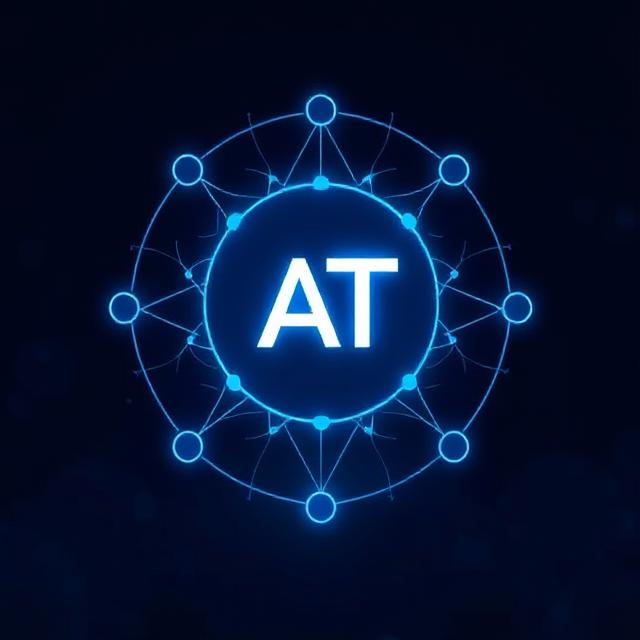AT Protocol Powering New Social Media Ecosystem

Exploring Social Apps on the AT Protocol Beyond Bluesky AT Protocol Unlocks Social Apps Beyond Bluesky The AT Protocol fuels a new wave of social...
⏱️ Estimated reading time: 2 min
Latest News
Exploring Social Apps on the AT Protocol Beyond Bluesky
AT Protocol Unlocks Social Apps Beyond Bluesky
The AT Protocol fuels a new wave of social apps. Developers build unique experiences, not just micro‑blogging. Explore apps that go beyond Bluesky:
Germ & Roomy: Peer-to-peer chat apps with end-to-end encryption en.wikipedia.org
Flashes: A photo/video-sharing app with filters and artist-curated feeds wired.com
Spark: A TikTok–style video platform on AT Protocol with long clips, filters, and livestream plans en.wikipedia.org
Skylight Social: A TikTok alternative backed by Mark Cuban, available in the US longportapp.com
Streamplace: For high-quality livestreams; streams use cryptographic signatures reddit.com
White Wind: A markdown blogging tool storing long-form content longportapp.com
Deck.blue & Skeets: Alternative Bluesky clients for multi‑column feeds and accessibility newyorker.com

What is the AT Protocol?
The AT Protocol, developed by Bluesky, aims to create an open, decentralized standard for social networking. It allows for greater user control, algorithmic choice, and seamless data portability. Learn more about the protocol at the AT Protocol GitHub repository.
Key Apps Building on the AT Protocol
Several applications are emerging, each with its own spin on social interaction. Here are a few notable examples:
- Bluesky: As the flagship app, Bluesky showcases the capabilities of the AT Protocol with a Twitter-like experience, focusing on decentralization and user control.
- Other Emerging Apps: While many are still in development, various projects are exploring different niches, from specialized communities to alternative content formats. Keep an eye on the official AT Protocol blog for updates.
Benefits of Building on the AT Protocol
Developers are drawn to the AT Protocol for several reasons:
- Decentralization: Offers users greater control over their data and social graph.
- Algorithmic Choice: Enables users to select or create their own algorithms for content filtering and ranking.
- Data Portability: Allows users to seamlessly move their data between different AT Protocol-compatible apps.
- Open Standard: Fosters innovation and interoperability among different social platforms. The AT Protocol specifications are publicly available.
Related Posts
Bluesky Enhances Moderation for Transparency, Better Tracking
Bluesky Updates Moderation Policies for Enhanced Transparency Bluesky, the decentralized social network aiming to compete...
December 11, 2025

Google Maps: Gemini Tips, EV Charger Predictions & More!
Google Maps Gets Smarter: Gemini Tips & EV Updates Google Maps is enhancing user experience...
December 9, 2025

US, UK, Australia Sanction Russian Web Host
Crackdown on Russian ‘Bulletproof’ Web Host The United States, United Kingdom, and Australia have jointly...
December 6, 2025











Leave a Reply